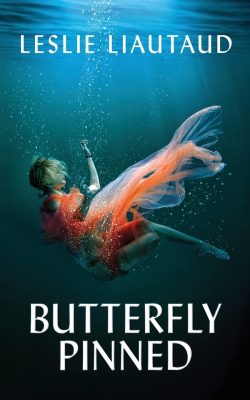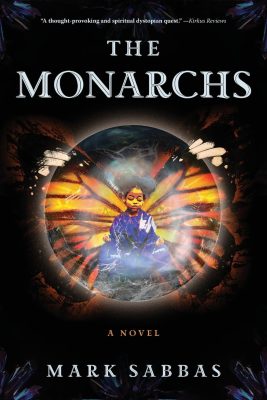Against a backdrop of the Gilded Age, Mistress Suffragette follows a young woman as she fights with society and herself to find genuine freedom.
New York debutante Penelope Stanton is on the verge of marrying Sam, a business acquaintance of her father, but when her father’s business endeavors begin to fail, Sam drops her. Her family will soon be in dire straits if they can’t marry Penelope off or find her a good job. At a dance, she meets Edwin Post, an older, married man, who forces himself on her—and she must admit, his kisses drive her wild.
Torn by so many conflicting options, Penelope impulsively runs off to Boston with her old school chum Lucinda, to look for work and break free from obstructive social custom. In Boston, they meet Verdana, a brawny bloomer-wearer who draws Penelope into the movement for women’s rights. Soon Penelope finds that Verdana has forged an unconventional relationship with none other than her ex, Sam.
Then Penelope’s mother joins them, and a strange ménage is formed. Verdana and Penelope get work as speakers for women’s suffrage, demonstrating the freedom of Verdana’s “rational” trousers contrasted with Penelope’s “irrational” corsets and flounces. On a bicycle ride, they run, literally, into a radical Jewish artist, John Sloan, who moves in with them while recovering from his bruises. Penelope is attracted to John, while fearing he may be a fraud.
Meanwhile, Edwin is still pursuing her, driving her half mad with lust and indecision, and the whole gang is being stalked by a menacing neighbor who hates suffragettes, forcing Penelope to prove her secret skill with a pistol. All the chaos turns out to be good for Penelope, who is increasingly able to separate her negative feelings from her positive convictions, learning to say no—and someday, perhaps, yes.
Diana Forbes is a New Yorker who writes historical fiction with gusto. She has clearly researched the era, adding details about the styles, current events, medicines and other small but enjoyable touches. But her central focus is on leading her heroine through the bends and switchbacks of a well-devised plot. While all her characters are intriguing, Penelope will be especially recognizable and appealing to modern females as she grapples with the strictures of a time when women were the virtual chattel of the males in their lives. Penelope experiences love, lust, and everything in between, balanced by a strong sense of reason unusual in one so young.










Leave A Comment